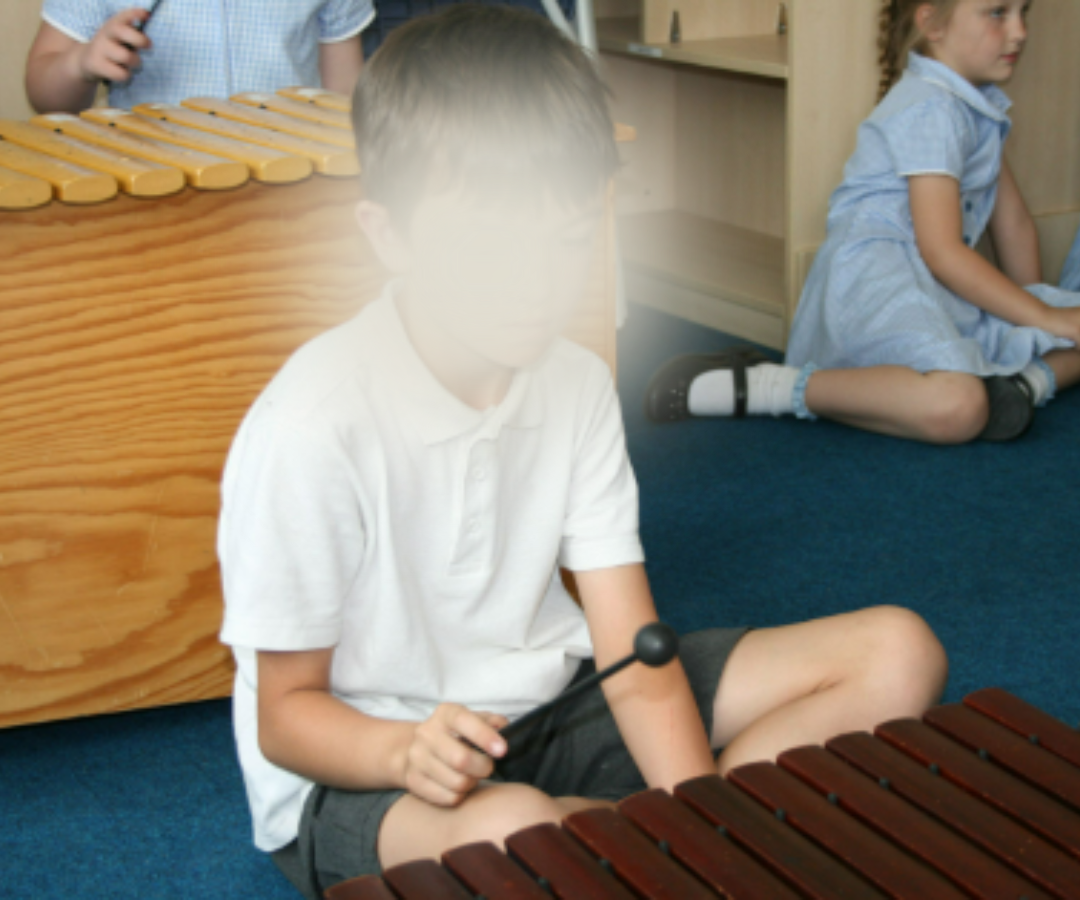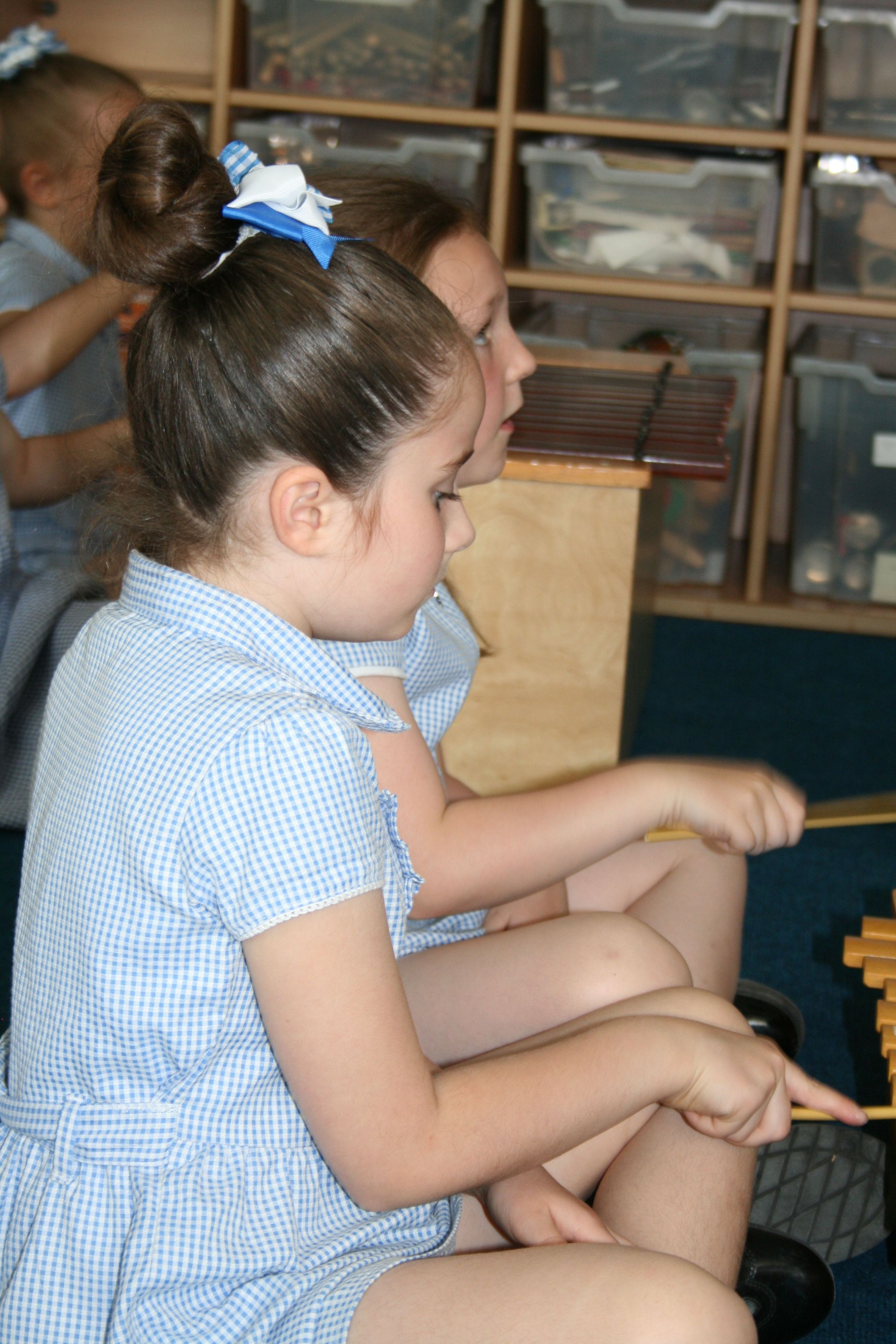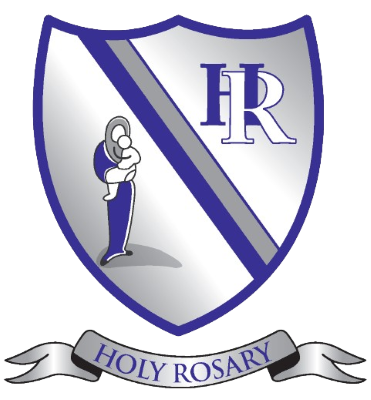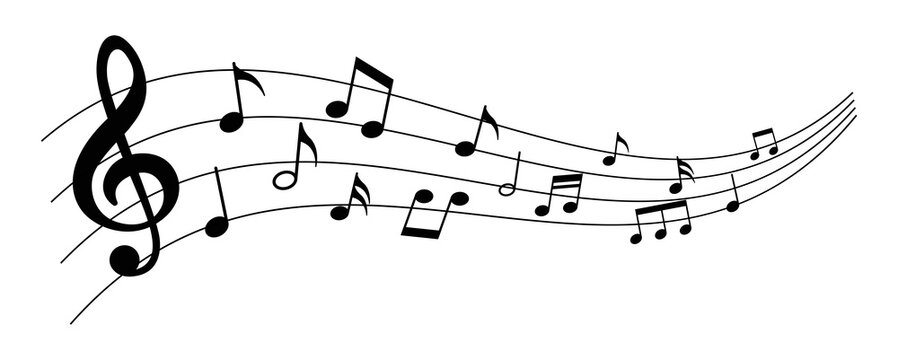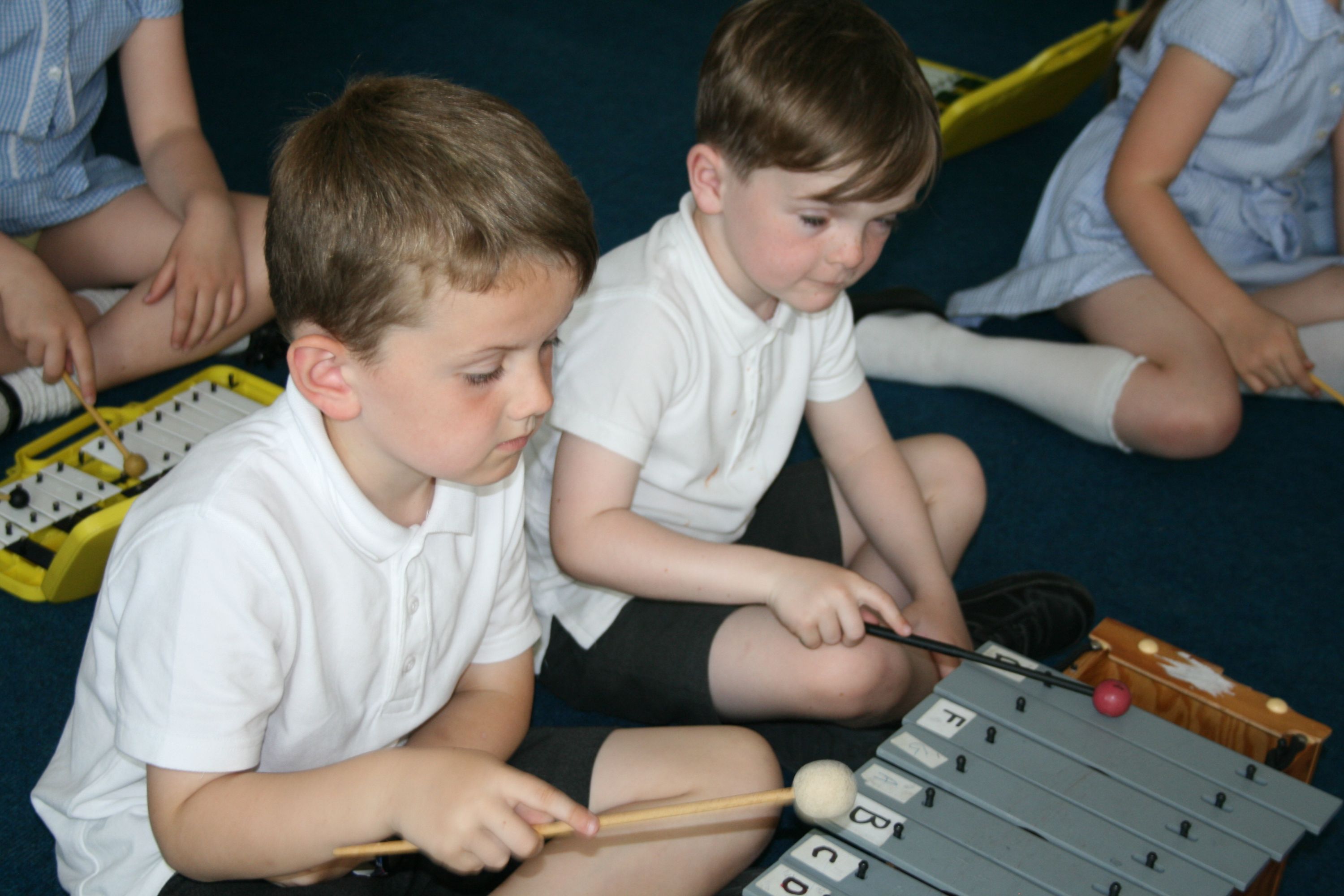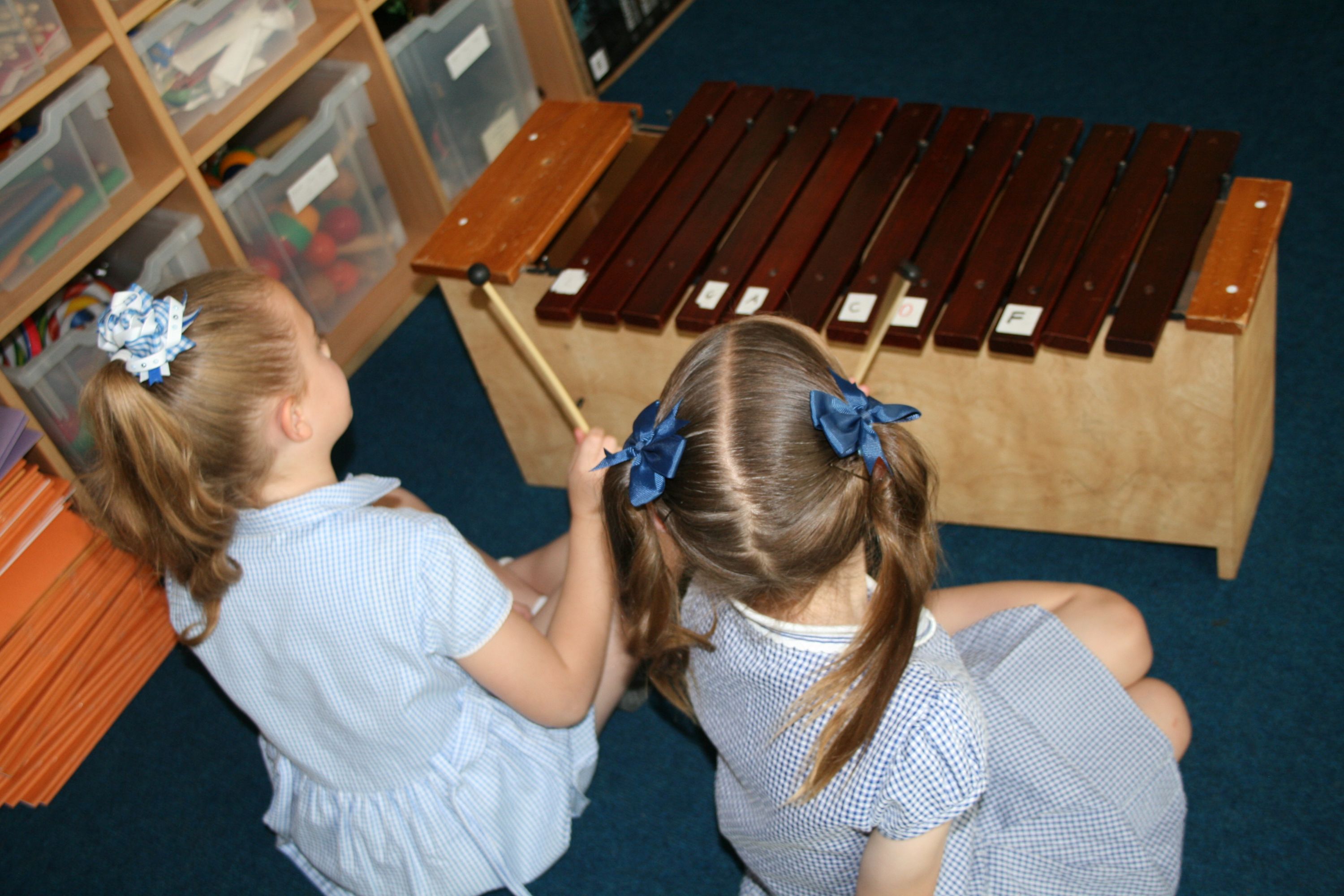Music
Our Curriculum
"Embracing music education during childhood harmonises creativity, critical thinking, and self-expression, creating a melodic journey that propels young minds toward limitless possibilities."
-Unknown
At Holy Rosary Primary School, we hope to foster a life-long love of music by exposing them to diverse musical experiences and igniting a passion for music. By listening and responding to different musical styles, finding their voices as singers and performers and as composers, all will enable them to become confident, reflective musicians.
Implementation
The Music curriculum, taught by a Music Specialist each week, ensures students sing, listen, play, perform and evaluate. This is also embedded in classroom activities as well as weekly singing assemblies, various concerts and performances and the learning of instruments. Children are able to use the language of music to discuss it, and understand how it is made, played, appreciated and analysed. In the Music lessons, students learn how to play various un-tuned and tuned percussion instruments. In doing so they understand the different principles of creating notes, as well as how to devise and read their own musical scores and basic music notation. They also learn how to compose focusing on different dimensions of music, which in turn feeds their understanding when listening, playing, or analysing music. Composing or performing using body percussion, vocal sounds and technology is also part of the curriculum, which develops the understanding of musical elements without the added complexity of an instrument.
Impact
Whilst in school, children have opportunities to forge their own musical journey, which allows them to discover areas of strength, as well as areas they might like to improve upon. The integral nature of music and the learner creates an enormously rich palette from which a child may access fundamental abilities such as: achievement, self-confidence, interaction with and awareness of others, and self-reflection. Children are able to enjoy music, in as many ways as they choose - either as listener, creator or performer. They can discuss music and comprehend its parts. They can sing, feel a pulse, add rhythms and create melodies in a group and they can further develop these skills in the future and continue to enjoy and embrace music in their lives.
